“As hard as the moment is that you are in, the more you have to remind yourself, the more you have to talk to yourself.” – Novak Djokovic
How much of the game (your game) is mental? Try this quick exercise to find out. Think about a time when you were playing at your best, when everything was flowing and going your way. Recall this experience and all the images, sounds, and feelings with it. Now think about a time when you were playing your worst, when you felt ineffective, weak, and made mistakes. Now honestly answer this question: Do you think the big difference in performance had to do with your physical skills or your mental skills? Mental skills! Odds are the difference in performance was largely attributed to changes in your thoughts, mindset, focus, motivation, confidence, and mood.
As an athlete you know how to train. Your growth and development depends on your training. Training prepares you for competition and enables you to perform at a higher level. What type of training is there? There are three distinct areas:
You can train your mind, your body, and your craft.
What’s so powerful about training the mind is that it can be trained at any time. Mind training is actually the easiest area out of the three to implement into an athlete’s life. Athletes can train their mind in several ways to improve their mental toughness, focus, and resilience. Here are some proven techniques that athletes can use to train their mind:
- Visualization/Imagery: This technique involves creating mental images of specific movements or scenarios that you encounter during competition. Close your eyes and visualize your successful routine, move, or performance while using all your senses in as much detail as possible. Successful elite athletes use imagery more extensively and systematically, and they have better imagery skill compared to less accomplished athletes. The literature on Imagery training for athletes shows improvement of confidence, motivation, attentional control, decision making, and flow in athletes.
- Self-talk: The inner dialogue that you have with yourself has a significant impact on your performance and mindset. Self talk is the key to cognitive control. In a study examining elite gymnasts, researchers found that positive self-talk was the best predictor of success over the course of an entire competitive season, while negative self-talk had detrimental effects on several functions including attention, confidence, and both cognitive and emotional control. Self-talk serves many primary functions including learning new skills, changing bad habits, increasing attention, impacting mood, regulating effort and emotions, and building self-efficacy and confidence. An athlete’s self-talk can be controlled by techniques such as thought stoppage, reframing, disputing, affirmation statements, mindfulness, and changing negative thoughts to positive thoughts.
- Mindfulness: Mindfulness meditation involves focusing on the present moment and being aware of one’s thoughts and feelings without judgment. The performance and well-being benefits of mindfulness have been well documented as recent studies have shown that athletes who engage in a mindfulness practice show increased awareness, increased sense of control, greater focus, improved athletic coping skills, decreased stress, decreased detrimental aspects of perfectionism, reduced substance use, less hostility, greater emotions regulation, and less burnout. Mindfulness is an athlete’s superpower. It is foundational for developing your awareness, which in turn benefits all your mental skill development. Mindfulness is best implemented with your morning routine, or before practice and games.
- Goal setting: Goal setting is one of the most utilized techniques in performance sport. The positive effect of goal-setting on task performance is one of the most robust and replicable findings in psychological literature. Goals are highly effective because they influence an athlete’s confidence, direct attention to where it needs to be, mobilize effort, increase persistence, and foster the development of new learning strategies. There are three types of goals athletes can utilize in sport; outcome, performance, and process. Outcome goals focus on winning, performance goals focus on improvements of ones own performance, and process goals are specific actions or behaviors that an athlete focuses on in order to improve their performance. Process goals are the most important to set, but they are often overlooked. Process goals give you more control of your performance and improve your chances of achieving your desired outcome goals.
- Breath control: It all comes down to the breath. Breathing properly is relaxing and facilitates performance by increasing the amount of oxygen in the blood and carrying more energy to the muscles. Recent studies on breathing show the effects of diaphragmatic breathing on improving respiratory muscle strength and endurance in elite athletes. When athletes experience stress during a pressure situation, their breathing usually becomes affected as they breathe rapidly and shallowly from the upper chest or even hold their breath; this leads to tension and impairment of performance. Athletes can counter this tendency by learning to take deep and slow breaths from the belly (diaphragmatic breathing) as they trigger a relaxation response. Being able to be mindful of your breathing during performance and consciously breathe with deep breaths can help you deliver under pressure.
Your mind is the key to unlocking your true potential in sport. With structured practice and training, you can develop the mental skills necessary to achieve your best! Let’s work together to bring out your best in you.











